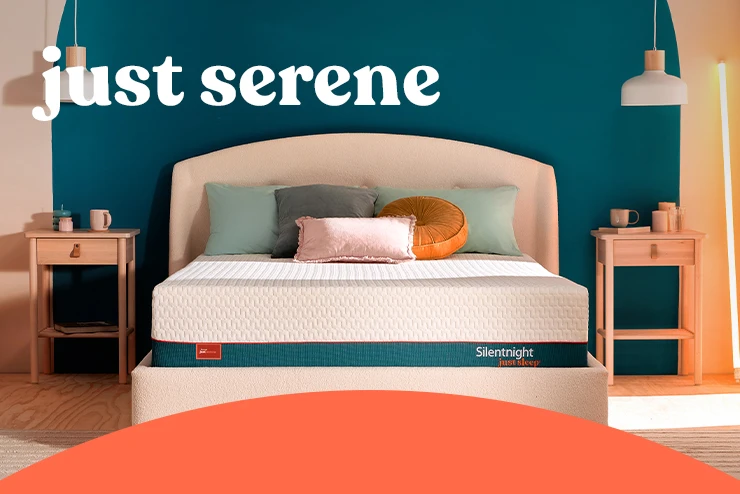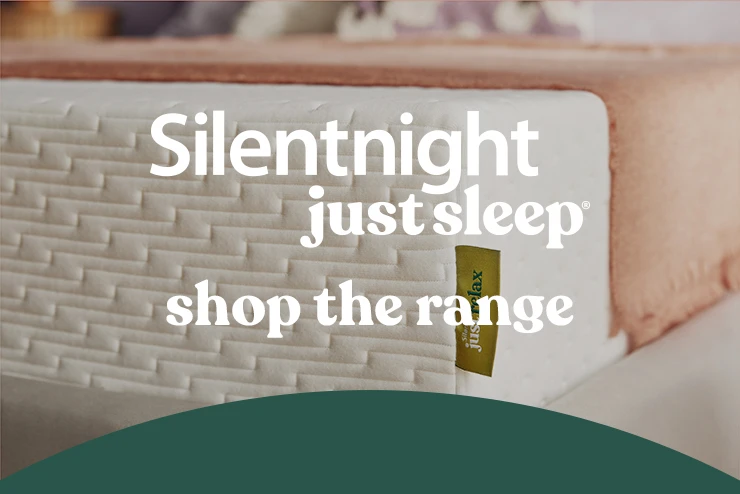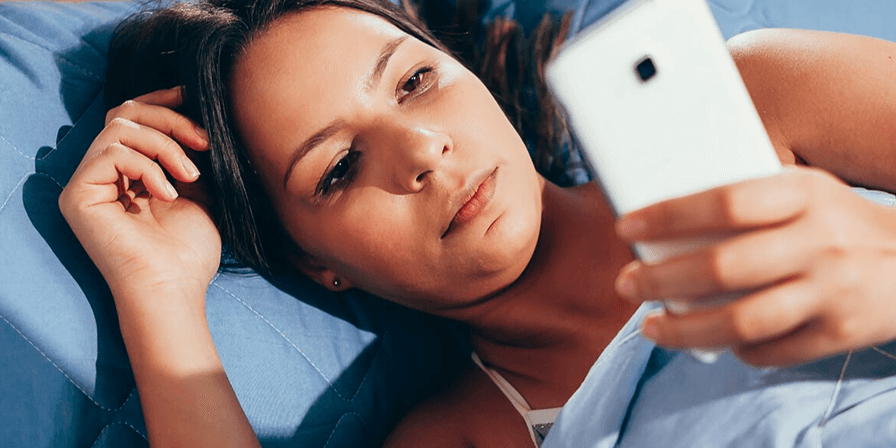Download a new browser







try it out for a year

choose from 7 rolled mattresses

delivered in 48 hours
shop by size
shop by budget
UK's most trusted sleep brand

Handmade in the UK

multi award-winning mattresses
shop by type
buying guides
UK's most trusted sleep brand

multi award-winning mattresses

rigorous safety testing
shop by type
get cosy
UK's most trusted sleep brand

FREE UK delivery over £49

rigorous safety testing







try it out for a year

choose from 7 rolled mattresses

delivered in 48 hours
shop by size
shop by budget
UK's most trusted sleep brand

Handmade in the UK

multi award-winning mattresses
shop by type
buying guides
UK's most trusted sleep brand

multi award-winning mattresses

rigorous safety testing
shop by type
get cosy
UK's most trusted sleep brand

FREE UK delivery over £49

rigorous safety testing
 free delivery over £49
free delivery over £49
 Klarna available
Klarna available
Healthy Sleep
6 min read
written by Liz Tabron
updated 23.08.2023

Catching up on your favourite TV programme, scrolling through your social feeds on your phone or working on your laptop until late, we’ve all been there – pretty much every night it seems. But have you noticed it takes a while for you to fall asleep? Or are you waking up not feeling fully refreshed?
In our digitally connected world, we can’t help but stay on our devices right up until it’s time to sleep, but the blue light emitted through these screens, plus the fear of missing out on engaging with what’s on our screens, can significantly disrupt our natural sleep patterns, leading to negative impacts on both the quality and quantity of our sleep. So, what actually is blue light and why does it impact our sleep? Let’s take a look…
Blue light is a type of visible light with a relatively short wavelength and high energy. It’s part of the electromagnetic spectrum, which includes all the types of light that we can see, from red to violet. Blue light is present in sunlight and is also emitted by various artificial sources, including electronic devices such as smartphones, tablets, computers and televisions.
Blue light can have both positive and negative effects on us, depending on the context and the amount of exposure.
Some positive effects of blue light include:
Enhanced alertness and mood
Enhanced attention and cognitive function
It can be a type of therapy method used to treat Seasonal Affective Disorder (SAD) due to reduced sunlight exposure in the winter months
Some negative effects of blue light include:
Eye strain and discomfort
Sleep disruption
Disrupted circadian rhythms
Excessive and prolonged exposure to blue light can potentially have negative effects on eye health. However, the risk of harm from everyday exposure, such as blue light from phones, is generally considered low. It's always a good idea to be mindful of your screen time and take steps to protect your eye health.
Is blue light bad for sleep? Exposure to blue light, especially in the evening and at night, can have various effects on our bodies, particularly our sleep patterns. Blue light is known to suppress the production of melatonin, a hormone that regulates sleep and wakefulness. This suppression can disrupt our natural circadian rhythms, making it harder to fall asleep and impacting the quality of our sleep.
Excessive exposure to blue light from screens, especially close to bedtime, can interfere with our ability to wind down and prepare for sleep. Many devices now offer night mode settings that reduce the amount of blue light emitted, often by shifting the screen colours to warmer tones, which can be less disruptive to sleep. Reducing blue light exposure in the evening can help promote better sleep quality and healthier sleep patterns.
While blue light can impact our sleep, it’s also important to note that another factor that’s impacting our sleep in relation to screen time is actually the fear of missing out. If you’re consistently engaging with activity on your phone right up until bedtime, when you’re trying to sleep your subconsciously thinking about what you may be missing out on, and in turn struggling to get good quality sleep.
Yes, excessive screen time, especially close to bedtime, can contribute to the development of insomnia. Not only is this due to the blue light being emitted from the screen, but the fear of missing out on social activity as mentioned above. If you’re suffering from insomnia, aim to reduce your screen time in the hour or two leading up to sleep, and try to create a calming bedtime routine that doesn’t involve screens.
Although screen time can have a huge impact on your sleep, excessive screen time, especially when engaging in stimulating or mentally demanding activities, can also contribute to feelings of tiredness or fatigue. This is often referred to as ‘screen fatigue’ or ‘digital fatigue’.
Ideally, you should aim to stop looking at screens at least 1 to 2 hours before bedtime. This allows your body's natural production of melatonin to start increasing, which is essential for promoting sleep and maintaining a healthy sleep-wake cycle.
When it comes to children (more so babies and toddlers), we know how important their nap times are and yes, screen time can potentially affect their naps and sleep patterns. The blue light emitted by screens, such as tablets and TVs, can interfere with the body's natural production of melatonin. Exposure to screens right before they’re due to sleep can suppress melatonin production and make it harder for them to fall asleep and stay asleep.
Additionally, engaging in stimulating activities such as watching exciting shows, can keep children's minds active and make it more difficult for them to wind down and relax before bedtime. This can lead to delayed sleep onset and disrupted sleep schedules, which may, in turn, affect their napping patterns during the day.
Determining the right amount of screen time can vary based on various factors such as age, individual preferences, and the specific activities being done on screens. Average screentime will vary from person to person but it’s important to manage it in a way that supports overall wellbeing, ensuring it doesn’t impact your sleep or day-to-day activities.
Whether you’re switching out the TV for a book or putting your phone down and enjoying conversation with your partner, turning your devices off 1-2 hours before bed should help promote a better night’s sleep for you to wake up feeling ready for the day. Just remember that everyone’s tolerance for screen time and its effects on sleep can vary. It’s all about trial and error - pay attention to your own body and how you feel after screen use to determine what works best for you and your sleep.
Read more about better sleep with 10 tips for a better night's sleep.
Add another item to compare
Add another item to compare
Add another item to compare
Add another item to compare